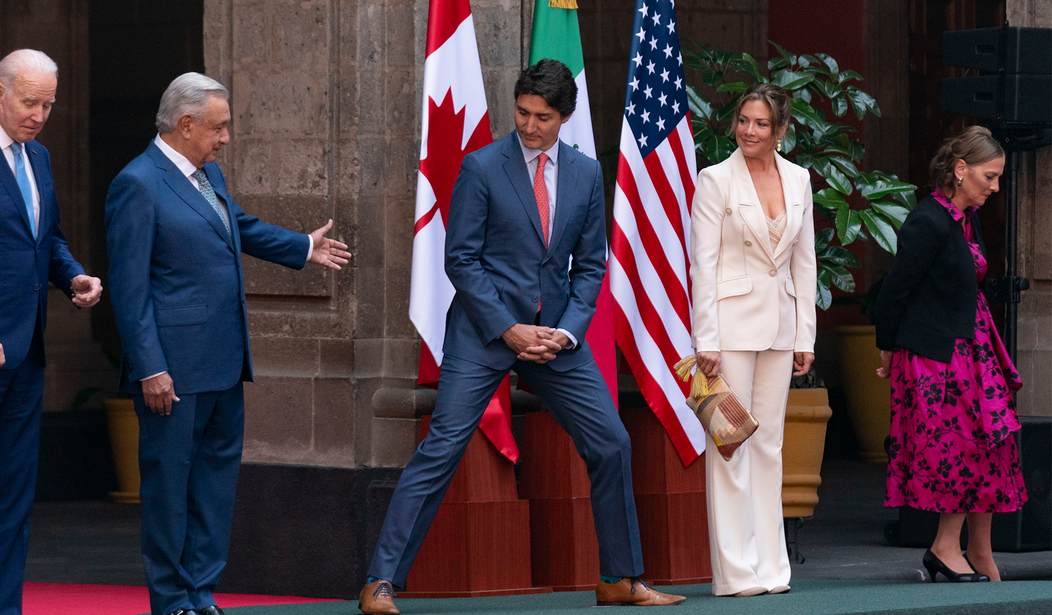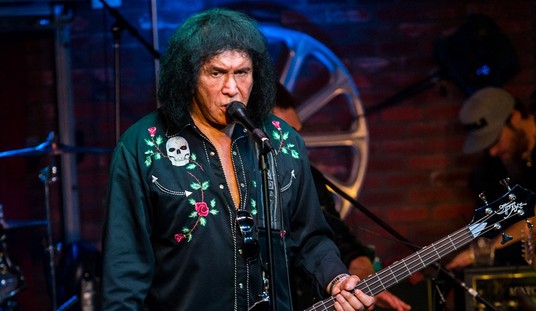Canada's embattled Prime Minister Justin Trudeau has lost his key left-wing coalition partner as he continues to maintain his minority government in the nation's parliament.
Trudeau's political future now suffers an unexpected blow that may prove fatal. As a layer of political security is stripped away, his government becomes increasingly fragile.
New Democratic Party (NDP) leader Jagmeet Singh surprised Canadians on Sept. 4 by announcing on X that his party would withdraw from the governing coalition with Trudeau's Liberals.
It is little more than a year before the next federal election in Canada, which will be held no later than October 20, 2025.
The Conservatives, under Pierre Poilievre, have been surging in the latest polls and are widely seen as the frontrunners in the next elections.
The Liberals are already trailing the Conservative opposition by 18 percent, according to some polls, as the country faces rising social unrest, an unpopular prime minister, and a weakening economy.
"The deal is done. The Liberals are too weak, too selfish and too beholden to corporate interests to stop the Conservatives and their plans to cut. But the NDP can. Big corporations and CEOs have had their governments. It's the people's time," said Singh in a tweet.
Singh later released a video on social media, officially announcing the end of the NDP-Liberal alliance and accused Trudeau of “caving” to corporate greed, reported CBC News.
"Justin Trudeau has proven again and again he will always cave to corporate greed. The Liberals have let people down. They don't deserve another chance from Canadians," said Singh.
"There is another, even bigger battle ahead," he added. "The threat of Pierre Poilievre and Conservative cuts. From workers, from retirees, from young people, from patients, from families — he will cut in order to give more to big corporations and wealthy CEOs."
“The fact is, the Liberals are too weak, too selfish and too beholden to corporate interests to fight for people. They cannot be change, they cannot restore the hope, they cannot stop the Conservatives. But we can,” continued the NDP leader.
The Liberals were only able to retain control of parliament after the 2021 elections by forming a coalition with the NDP in exchange for concessions. Singh promised to protect Trudeau's government from a no-confidence vote that would have brought down the government.
In March 2022, the Liberals and the NPD struck a deal called a "supply and confidence" agreement, which would have the NDP support the Liberals in confidence votes through June 2025.
In exchange, the NDP pushed through a new dental care program for low-income Canadians, plans for a national pharmaceutical care program, and a bill to ban the use of replacement workers during a lockout or strike.
Until recently, the NDP said it remained publicly committed to the deal, but it began to reevaluate the agreement in August after Trudeau’s cabinet called on the Canada Industrial Relations Board (CIRB) to impose binding arbitration after the nation's two largest railways faced a work stoppage after negotiations with the Teamsters union failed.
At a press conference, Trudeau accused Singh and the NDP of "focusing on politics" and said he hoped an election would not happen until "next fall" when reporters asked whether it was time to call an election.
The prime minister dismissed any talk of a call for early elections and promised to continue governing while pushing through social reforms.
Unfortunately for Trudeau, the break-up of the Liberal-NDP coalition will make it more difficult for his party to get a working majority on key bills.
The Conservatives earlier attacked Singh as a “sellout” for his role in the deal and Poilievre called on him last week to terminate his party's agreement with the Liberals to allow fall elections.
"Two years ago, Sellout Singh sold out workers and signed on to a costly coalition with Justin Trudeau that hiked taxes, ballooned food costs, doubled housing costs and unleashed crime and chaos in our once safe streets," Poilievre declared in a tweet.
Poilievre continued to dismiss Singh's move, calling it a cynical "media stunt" and attacked him for refusing "to state whether the NDP will vote with non-confidence to cause a carbon tax election at the first chance."
Unfortunately for Singh, the fact that the NDP's favored legislation was passed into law with the help of the Liberals will make it difficult for his party to distance itself from Trudeau's unpopularity in the polls.
Singh defended his party's decision to withdraw from the coalition, warning of an “even bigger battle ahead” with the threat of “Conservative cuts” to the government programs.
A non-confidence motion by a majority of parliament is still required to trigger an election unless Trudeau calls for one himself.
The NDP's decision to end the deal with Liberals will not trigger an immediate election, and an NDP spokesperson said they were “ready for an election, and voting non-confidence will be on the table with each and every confidence measure."
For now, Trudeau will depend on support from opposition lawmakers to survive the upcoming confidence vote in the parliament, but when Canada's House of Commons reconvenes on Sept. 16, the Conservative opposition is expected to propose a vote of confidence.
If Trudeau loses his confidence vote in parliament, a general election will be triggered that will likely see him and his party fall from power.










Join the conversation as a VIP Member